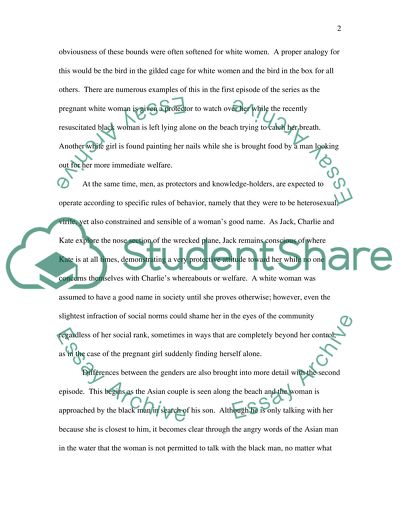Cite this document
(“Reinforcing Patriarchal Values in Contemporary Television Movie Review”, n.d.)
Reinforcing Patriarchal Values in Contemporary Television Movie Review. Retrieved from https://studentshare.org/visual-arts-film-studies/1546927-television-analysis-essay
Reinforcing Patriarchal Values in Contemporary Television Movie Review. Retrieved from https://studentshare.org/visual-arts-film-studies/1546927-television-analysis-essay
(Reinforcing Patriarchal Values in Contemporary Television Movie Review)
Reinforcing Patriarchal Values in Contemporary Television Movie Review. https://studentshare.org/visual-arts-film-studies/1546927-television-analysis-essay.
Reinforcing Patriarchal Values in Contemporary Television Movie Review. https://studentshare.org/visual-arts-film-studies/1546927-television-analysis-essay.
“Reinforcing Patriarchal Values in Contemporary Television Movie Review”, n.d. https://studentshare.org/visual-arts-film-studies/1546927-television-analysis-essay.


